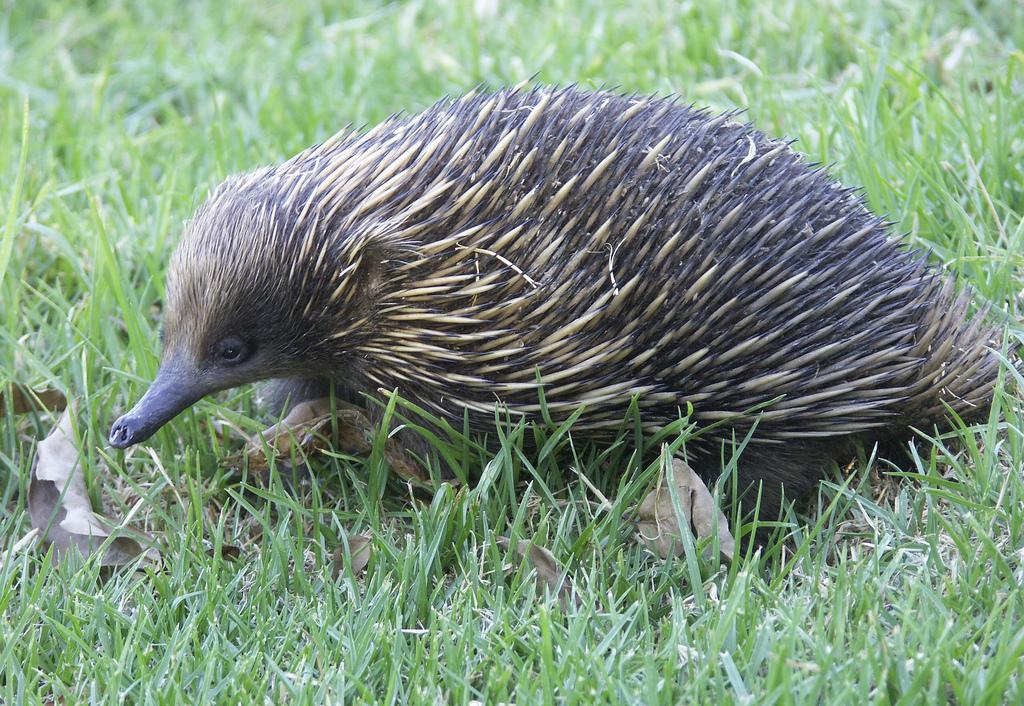It is well known that the vast majority of mammals are born and breastfed, but there are also some of the most primitive mammals that have so far retained the act of egg laying, that is, oviparous breastfeeding, and in taxonomy, they are separately divided into a suborder, that is, the protozoa suborder under the mammalian order.

There is only one order in the protozoa suborder, monoporosity, which literally means that they have only one cloaca, and there is no separate urethra, birth canal, anus, etc., which is the most primitive structure of mammals.
Aside from single-holes, the biggest difference between single-for-hole mammals is that they are oviparous.
There are two families under the order Monoporaceae, namely Echidna and Platypus. There are two extant genera and four species of echidnas: tachyglossus aculeatus, western echidna zaglossus bruijni, eastern echidna zaglossus bartoni, attenborough echidna zaglossus attenboroughi. (There are different names for these Chinese, subject to the Latin scientific name)
One of the extant species of platypus is the platypus ornithorhynchus anatinus, Chinese name is not controversial, much easier than echidna.
I will write about the specific habits and materials of platypus and these kinds of echidnas in the future, but here I can start with something interesting.
Regarding the platypus, it is one of the few poisonous mammals, in addition to being a few oviparous mammals. Platypus has a spine in the neck of the hind foot, which can be detoxified by males (male echidnas are also available but not toxic).
This poison is not fatal to people, but it can improve the sensitivity of pain, and the duration varies from person to person, for example, it is pierced by its arm, and in the next period of time, even if you shoot a mosquito on your arm, it is like letting an elephant step on it, of course, it is not so exaggerated, experience the meaning.
Then the echidna, in addition to laying eggs, there are also nursery bags, after laying eggs, the female echidnas will put the eggs into the nursery bag and run, directly breastfeed after birth, and continue to grow and develop after a long period of time.